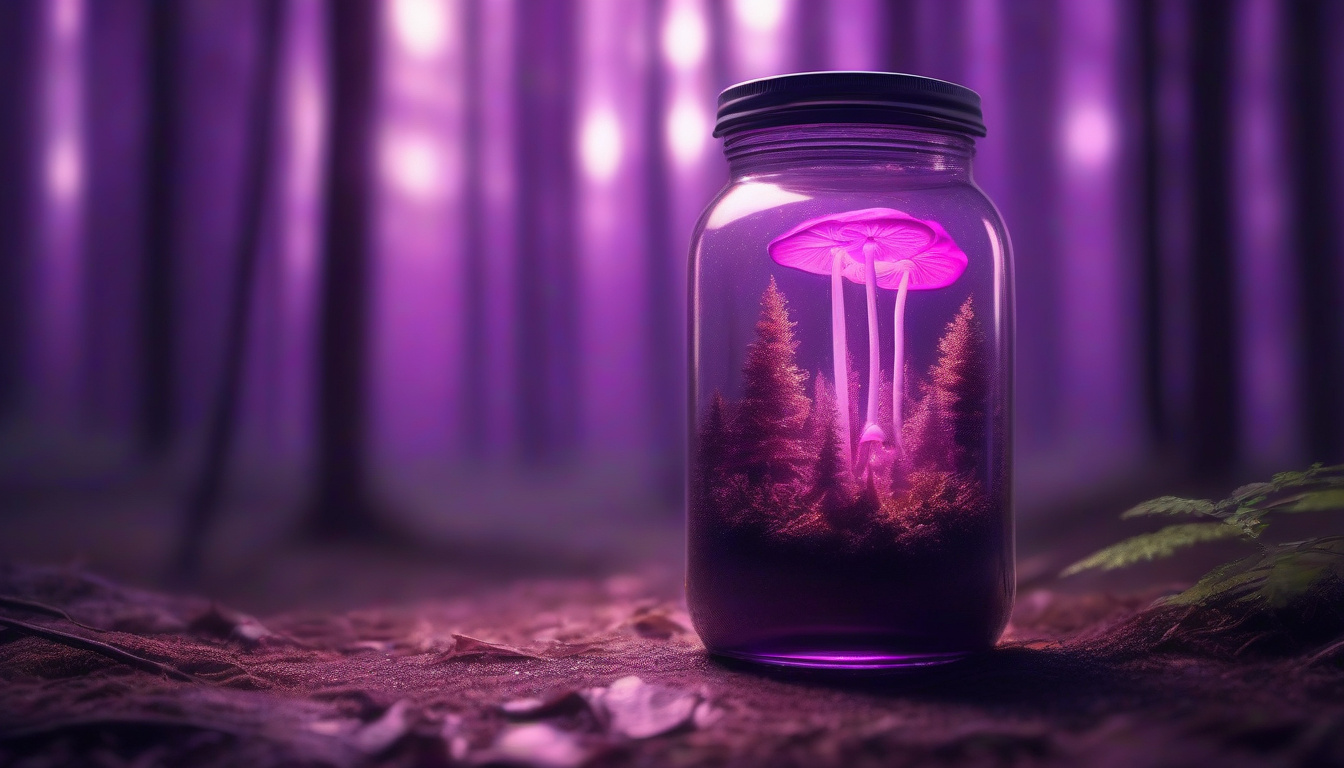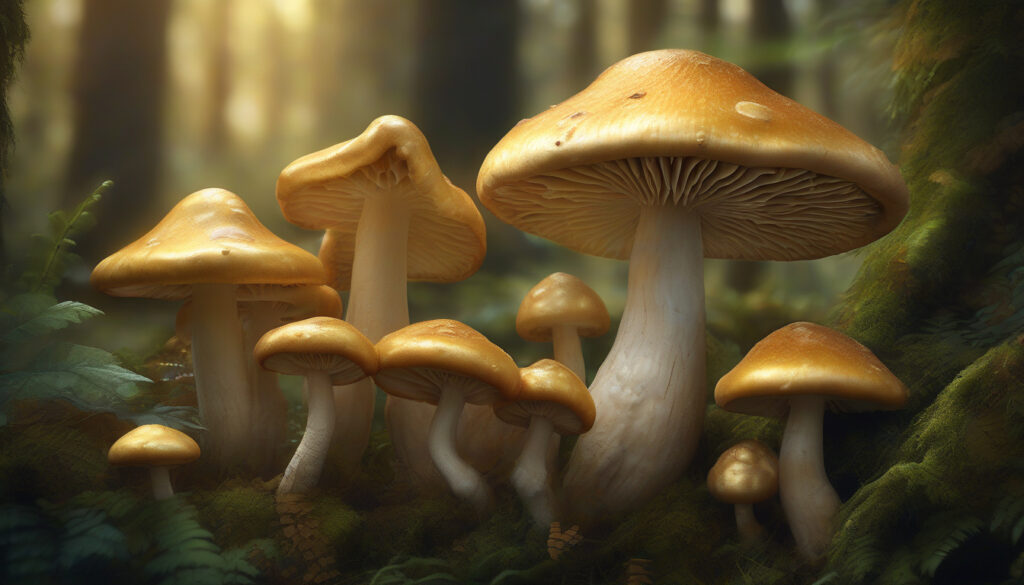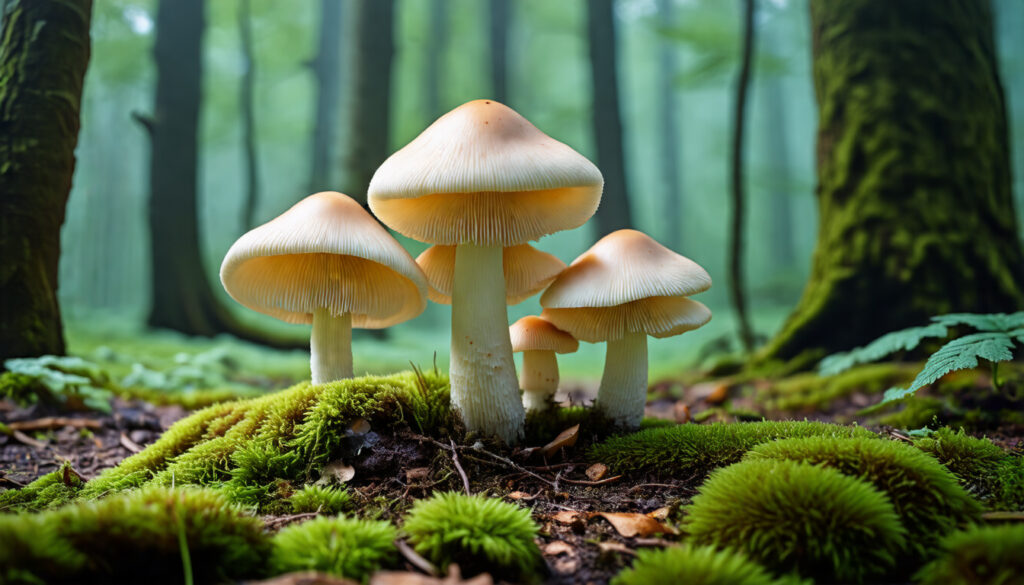In recent years the talk on mental health treatment grows. Natural and alternative options gain notice. Psilocybin powder stands out as a compound that may help the mind. It comes from some species of psychedelic mushrooms. Research shows it can lift mood, cut anxiety, and push personal growth. Read on if you want to see how psilocybin powder can support your mental health journey, with its benefits, safety tips, and the science that links its parts.
What Is Psilocybin Powder?
Psilocybin powder holds a concentrated form of psilocybin. This compound exists in certain mushrooms, often called "magic mushrooms." When you take it, your body changes psilocybin into psilocin. Psilocin binds to serotonin receptors in the brain. This binding shifts how you feel and think. People once used it in spiritual or shaman routines. New research shows its value for healing mental stress like depression, anxiety, and PTSD.
The Science Behind Psilocybin and Mental Wellbeing
How Does Psilocybin Affect the Brain?
Studies show that psilocybin tugs at the brain’s default mode network. This network holds self-thoughts and wandering minds. Disrupting this network can spark insights and clear emotions. It also helps the brain form new connections. This change may bring long-term help for mental health.
Evidence Supporting Its Therapeutic Benefits
A growing collection of studies points to psilocybin’s help:
- Depression Relief: A 2016 Johns Hopkins study found that psilocybin therapy cut depression symptoms and kept improvements for months.
- Anxiety Reduction: Patients with serious illnesses felt less anxiety and a better quality of life after guided psilocybin sessions.
- Addiction Support: Early evidence shows psilocybin may aid those trying to quit smoking or alcohol.
Remember, these gains often appear in controlled, guided settings rather than during casual use.
How to Use Psilocybin Powder Safely
If you plan to try psilocybin powder for better mental health, safety comes first. Here are some key tips:
1. Consult a Healthcare Professional
Talk with a healthcare provider before you add psilocybin to your routine. This step is key if you face mental challenges or take other drugs.
2. Start With a Low Dose
Begin with small amounts. New users should use a microdose—about 0.1–0.3 grams of dried mushrooms equivalent. This dose gives a gentle lift and mental clarity.
3. Create a Safe Environment
Use the powder in a calm, familiar place. Stay with trusted friends or a guide who knows the process. Keep away from busy or stressful scenes.
4. Check Legal Regulations
Psilocybin rules vary in different regions. In many areas, psilocybin is not allowed. Check local laws before use.
5. Reflect on Your Experience
After using the powder, take time to think about your experience. Write in a journal or talk with a therapist to work through what you feel.
Potential Benefits of Psilocybin Powder for Mental Wellbeing
Here are some clear gains linked with safe use of psilocybin powder:
- Helps process emotions and clear thoughts.
- Cuts anxiety and depression, even in tough cases.
- Aids the brain in building new links.
- Brings a sense of connection with others.
- May lead to long-lasting relief when used properly.
Frequently Asked Questions about Psilocybin Powder
Q1: Is psilocybin powder legal?
The rules change by country and area. In some regions, psilocybin is listed as a controlled substance. This means that having, selling, or using it can be against the law. Always check local rules before you start.
Q2: What are the risks of using psilocybin powder?
Some people may feel stress, anxiety, or fear during the use. These risks grow higher if used in unsafe spots or by those with existing mental issues. An accidental overdose may happen if the amount is not right. Always put safety first and ask for professional help.
Q3: How does psilocybin powder differ from consuming mushrooms?
Psilocybin powder provides a concentrated form. This concentration allows for more exact dosing. In contrast, fresh mushrooms can differ in strength and taste. Both forms, however, have the same active parts.
The Growing Acceptance and Future Outlook
New studies show that psilocybin may help in healing the mind. Medical experts and policy guides see its value. The FDA now sees psilocybin-guided therapy as a promising aid for depression. This view gives hope that psilocybin might play a larger role in future treatments for mental health.
For those who seek natural ways to care for their mental health, psilocybin powder shows real promise. Its roots stretch back to ancient uses, and now science backs its worth.
Take the Next Step Towards Better Mental Wellbeing
If you wonder how psilocybin powder can support your mental health goals, think about speaking with qualified experts or visiting clinics where guided use is available. Always put care and knowledge in front of all else when you try new paths.
Stay informed, keep safe, and take clear steps toward a calmer mind. Your journey to improved wellbeing might start with a small, mindful dose.
References
- Johnson, M. W., et al. (2016). Pilot study of the 5-HT2AR agonist psilocybin in patients with treatment-resistant depression. Journal of Psychopharmacology. Link
Disclaimer: This article gives information only and does not serve as medical guidance. Always speak with a healthcare provider before you try psilocybin or other mind-altering substances.



